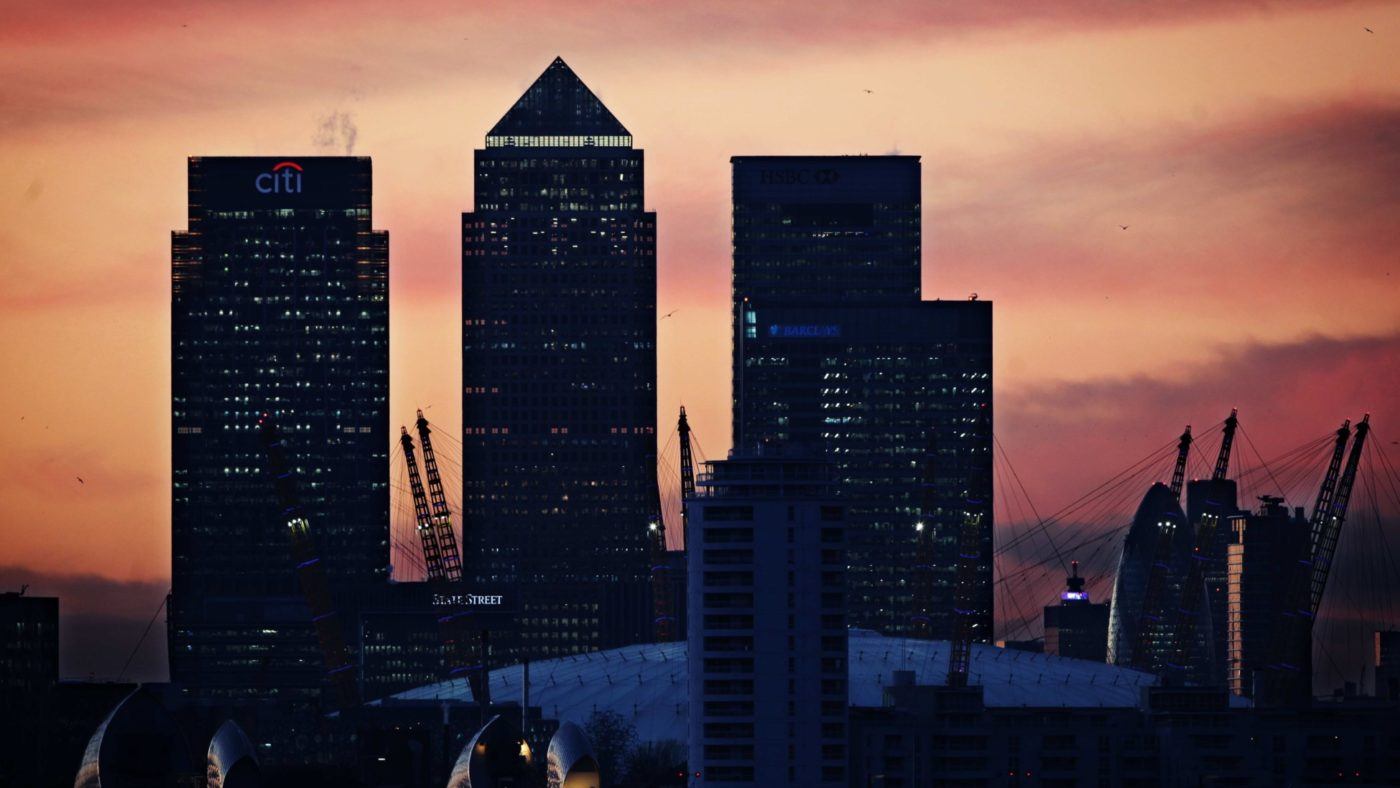The latest GDP figures are out today. They show the economy growing at 0.3 per cent in the second quarter (Q2, the three months from April to June 2017). That was very much as had been expected from the data economists and markets study between official GDP releases. It follows on from 0.2 per cent growth in the first quarter (Q1).
That’s quite a significant slowdown from the latter part of 2016, when GDP grew at 0.5 and 0.7 per cent in the final two quarters. On the other hand, such soft spots have been fairly common in recent years. GDP grew only 0.2 per cent in the first three months of 2016, and 0.3 per cent in both the first and third quarters of 2015. The economy has generally shaken them off pretty fast.
There are various good reasons to suppose the economy might shake off its softer patch just as quickly this time. One of the main factors dragging down growth has been a bit of a rise in inflation, particularly from a combination of a general rise in inflation across Europe and some extra inflation rise in the UK because of the pound’s depreciation.
The general European inflation rise appears already to have peaked, and if UK inflation hasn’t yet peaked (which it may have done) it is expected to peak in the next three months. As inflation falls back, the real-terms value of growth is likely to rise.
Another reason to be cautiously optimistic is that although UK Q2 growth was fairly weak, growth in the main services sector was okay at 0.5 per cent (up from just 0.1 per cent in Q1). It was the more volatile sectors such as construction that dragged the overall number down. There’s every chance things will reverse quickly in those volatile sectors. Some of the survey data on manufacturing, in particular, suggests the outlook is the strongest for decades as exporters see the opportunities created by the weaker pound.
A third reason for optimism is that the Q2 numbers seem to have borne the brunt of the impact of the General Election’s aftermath. June, in particular, seems to have been very weak as investors and firms feared the Government might fall or there might be an enduring period with no stable government.
The agreement with the DUP and Theresa May getting through to the recess, while the Brexit negotiations carry on apparently little affected by the General Election result, may well have steadied nerves. So there’s every chance Q3 might even see a bit of a snap-back or catch-up growth. Overall, 2017 is still likely to see growth of between 1.5 and 2 per cent.
Over the next six months, I expect we will see various shenanigans in the Brexit negotiations with theatrical walk-outs and similar such melodrama. That appears to be par for the course with EU negotiations over recent years, if discussions with Greece are anything to go by. Doubtless such gambits will spark volatility in financial markets for the day or two around the actual events, but while everyone continues to believe a deal will eventually be done, I don’t expect much enduring economic impact.
Looking further ahead into 2018, 2019 and 2020, I think we will see some slowdown in growth as the transitional costs of Brexit come into play. Firms will have to change processes and plans to take account of the new environment. Some investment projects will no longer be as viable and will be cancelled or at least delayed.
There will be new opportunities in due course from matters such as a US trade deal or changes to UK regulation, but firms will not be able to take advantage of these for a few years. In the interim, growth will be slower – perhaps as much as 1 per cent slower for two or three years. So instead of growth being 2 to 2.5 per cent it might be only 1 to 1.5 per cent per year. Slower, to be sure, but not so slow as to be noticeable for most people.
Growth being slow in that way does, of course, make the economy a bit more vulnerable to something else going wrong. US interest rates are already rising and US QE will start being withdrawn later this year. Perhaps that process will not be smooth.
Although the eurozone growth outlook looks good for now, perhaps there will be some unexpected blow-out as QE there runs its course. Maybe the long-predicted China crash will finally come. The UK economy has recessions about once a decade, so we’re getting close to due one anyway. We could be unlucky and find the Brexit slow-down happens just as we get a recession from some other source.
But as matters stand, as the saying goes, “everything is proceeding as I have foreseen”. Growth is softish but not especially problematic. The Brexit negotiations with the EU are on track. A US trade deal seems to be in the pipeline. New technologies such as autonomous vehicles and the further commercial exploitation of space lie just on the horizon, for us to embrace and make our own. There are risks, but by and large, to use another movie quote, “stuff’s getting’ better; stuff’s gettin’ better every day.”


